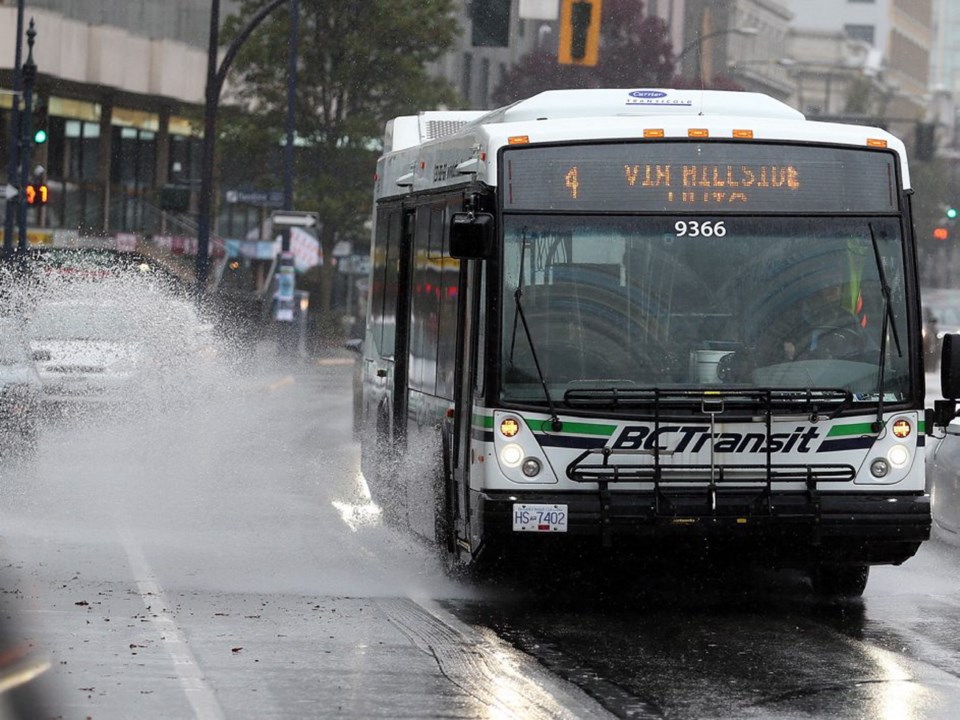 Everybody is better off. So enough with the complaining. That’s the government’s bottom line on the give-and-take move in last week’s budget on disability benefits and bus passes. And they appear ready to stick to that bottom line, no matter how clumsy the double-shuffle looks to the people involved.
Everybody is better off. So enough with the complaining. That’s the government’s bottom line on the give-and-take move in last week’s budget on disability benefits and bus passes. And they appear ready to stick to that bottom line, no matter how clumsy the double-shuffle looks to the people involved.
If you haze over the impact and optics of the moves, they’re right. But you have to overlook a lot of dismay and consternation on the part of people who watched most of a potential $77-a-month hike in their household income disappear in the blink of an eye to arrive at that conclusion.
After nine years of coping with a disability benefit rate that was frozen, disabled people saw the budget for that benefit boosted by $170 million over the next three years. It will bump the rate by up to $77 a month (starting in September).
It’s the inexplicably linked bus pass move that rankles. At the same time the benefit hike will appear, the provincewide system that provides disabled people with transit passes will be redesigned. And a lot of people who used to get passes for next-to-nothing will start paying up to $52 a month.
So $77 a month turns into $25 a month. For a subset of clients who got a transportation subsidy, the takeaway is even more.
The reaction is a lesson in human expectations. You can’t dangle a benefit in front of people and then make a quick policy change that causes most of it disappear, and expect everyone to be overjoyed at the net result. Maybe a few people relentlessly devoted to looking on the bright side of things will just shrug and be thankful for what’s left.
But a lot of others are focusing on the new cost that accompanies the new benefit, and consumes most of it. And thankful isn’t the word being used.
The government seems to be overlooking that tendency. The view from inside is that they increased benefits and made the bus pass system much fairer across B.C. and everybody wins.
If clients get preoccupied about the loss of most of the new benefit, the government turns the responsibility right back on them to do something about it. They will have “the freedom to make their own choice about how to meet their own unique transportation needs.”
Want to enjoy the full increase? Then don’t buy a bus pass. But that overlooks the point that they are all disabled, and presumably need more transit options.
The rhetoric over the last week has gotten a little heated, to the point where some are characterizing the overall impact as a cut.
So the government is seizing on that to dismiss the concerns.
Premier Christy Clark said the controversy is based on “a mistruth” — that there’s a reduction.
“Everybody on disability [benefits] is going to be better off as a result of a change,” she said Wednesday. “Some people will benefit more and some people will benefit less.
“I really regret that this issue in particular has been so politicized. It’s meant a lot of people who feel vulnerable have been misled about what’s going to happen.”
The rationale for the bus pass move is that the current system is unfair. About half the 100,000 disabled clients get a transit pass. The other half don’t live in areas served by transit, or opt not to get passes for various reasons. So it was deemed unfair.
The inequity in a system that only gives disabled people passes if they live in an area with a transit system to use them hasn’t been previously identified as a major issue. And there’s no breakdown of how many disabled people have no transit system to use, versus how many simply don’t use them.
The inequity looks a little overblown. It’s debatable how much blowback there would have been if they’d left the pass system alone.
The government’s bottom line is that everybody nets out ahead, to varying degrees. But when you’re dealing with an increase to $983 a month, there’s not much leeway in individuals’ own budgets to account for surprise new costs.



